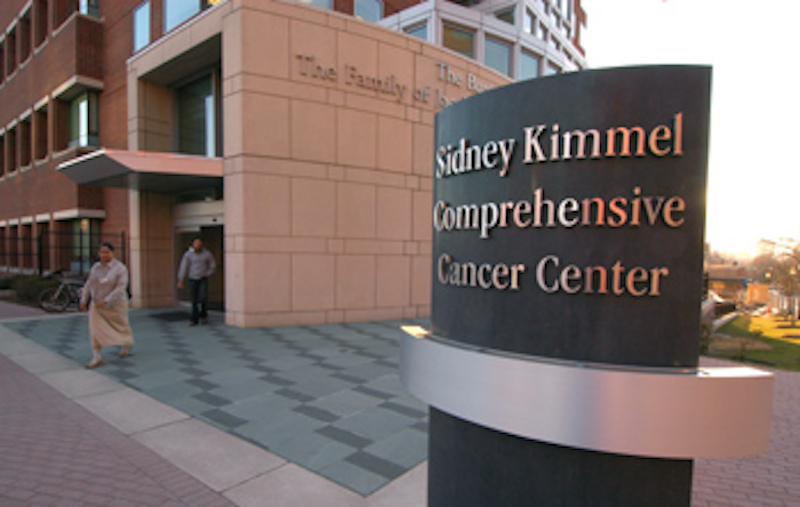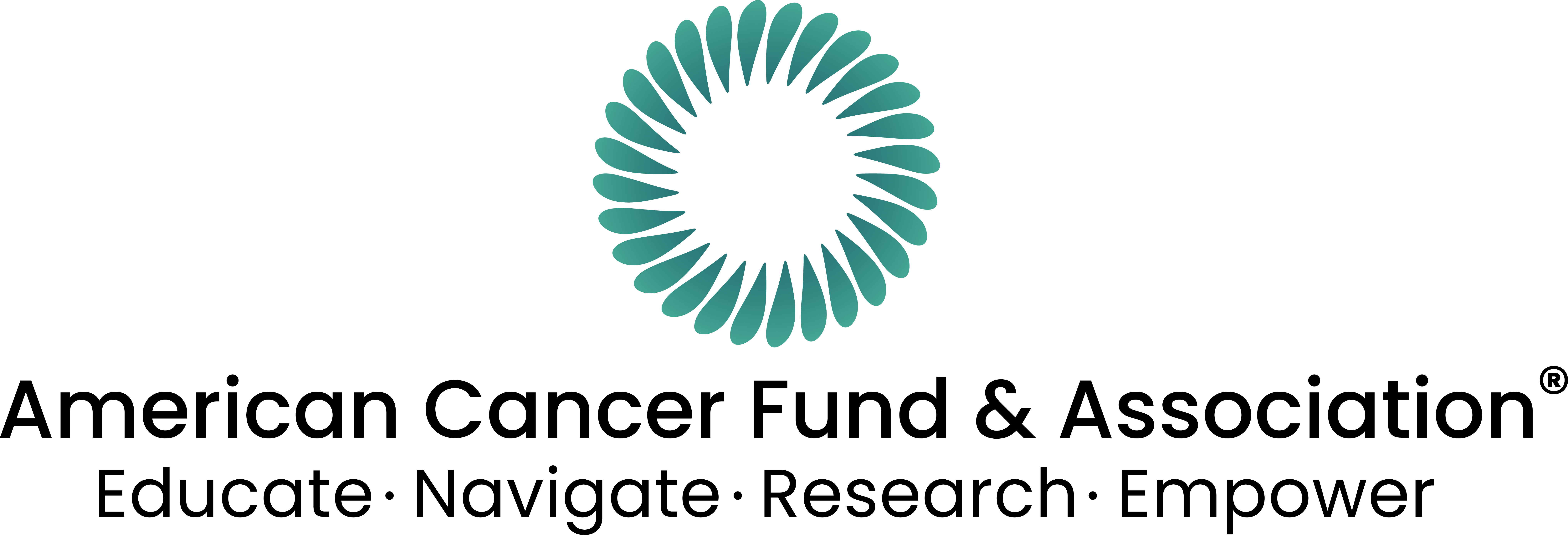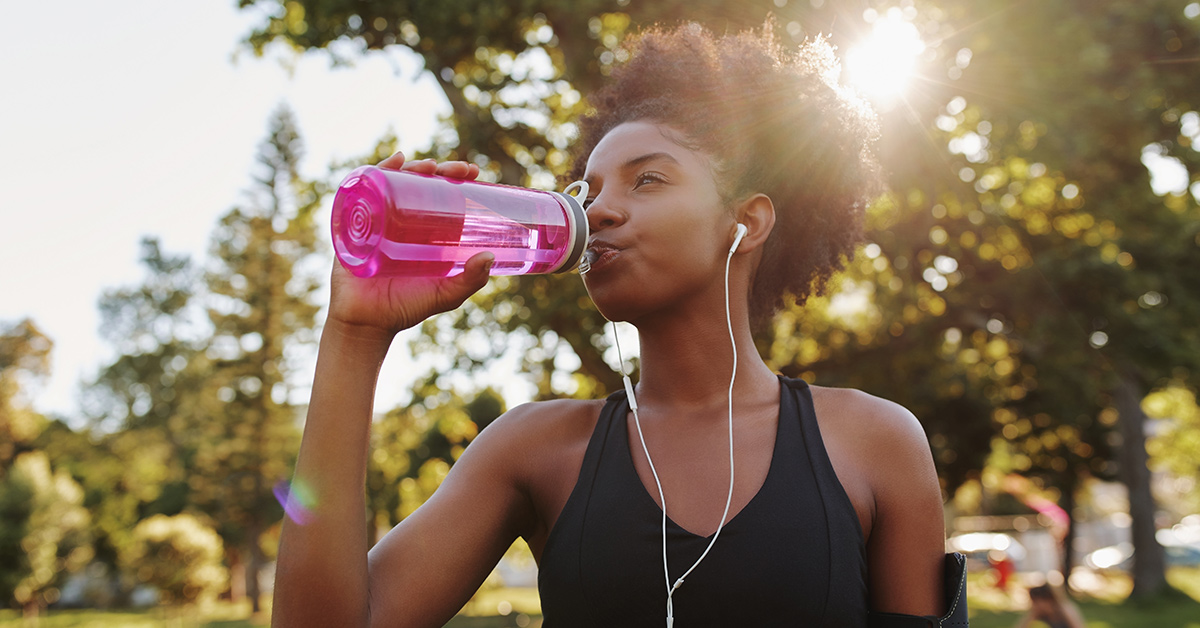Debunking Myths:
Hoaxes and Myths about Cancer
In today's health-conscious world, we often hear alarming claims about everyday items potentially causing serious health issues. One such topic that frequently sparks concern is the idea that plastic food and drink containers can lead to cancer.
With numerous myths circulating on social media and various online platforms, it's easy to feel overwhelmed and confused about what's true and what's not.
We're dedicated to providing clear, evidence-based information to help you make informed decisions about your health. In this section, we'll dive into the science behind these claims, separating fact from fiction. Join us as we debunk common myths and set the record straight on plastics and cancer.
Email Hoaxes:
The Internet is flooded with messages warning against freezing water in plastic bottles, or cooking with plastics in the microwave oven.
These messages, frequently titled “Johns Hopkins Cancer News” or “Johns Hopkins Cancer Update,” are falsely attributed to Johns Hopkins and Johns Hopkins do not endorse their content.
Johns Hopkins Bloomberg School of Public Health Public Affairs:
Tim Parsons
(410) 955-6878
paffairs@jhsph.edu

The Johns Hopkins Sidney Kimmel Comprehensive Cancer Center has responded to questions about the cancer-related hoax emails regarding cancer and water bottles in an article linked below:
Microwaving Plastic:
In general, it is best to follow the manufacturer’s recommendations when using any plastic products. When cooking with plastics, only use those plastic containers, wraps, bags and utensils for their intended purposes.
According to the USDA Food Safety and Inspection Service (FSIS), some plastics can be safely used in the microwave, but others should not:
Micowave Safe:
Microwave-safe wraps, heatproof glass, glass-ceramic, oven cooking bags, parchment paper, wax paper, heat-susceptor packaging, and heavy plastic wrap as long as it doesn't touch the food. You can also use cookware that's specifically labeled for microwave use, including some plastics.
Not Micowave Safe:
Plastic storage containers like margarine tubs, takeout containers, and whipped topping bowls can warp or melt in the microwave, which could allow harmful chemicals to get into your food. You should also avoid using thin plastic storage bags, brown paper or plastic grocery bags, newspapers, or aluminum foil in the microwave.
The U.S. Department of Agriculture Food Safety Inspection Service (FSIS) has some helpful guidelines for cooking with plastics in microwave ovens.
Feel prepared for every appointment
Carrying the right information can empower you during your cancer care journey. Use these tools to help organize this information so you can be an active participant in your cancer care.
Keep them handy for use at home and bring them along to your doctor visits and other medical appointments.


